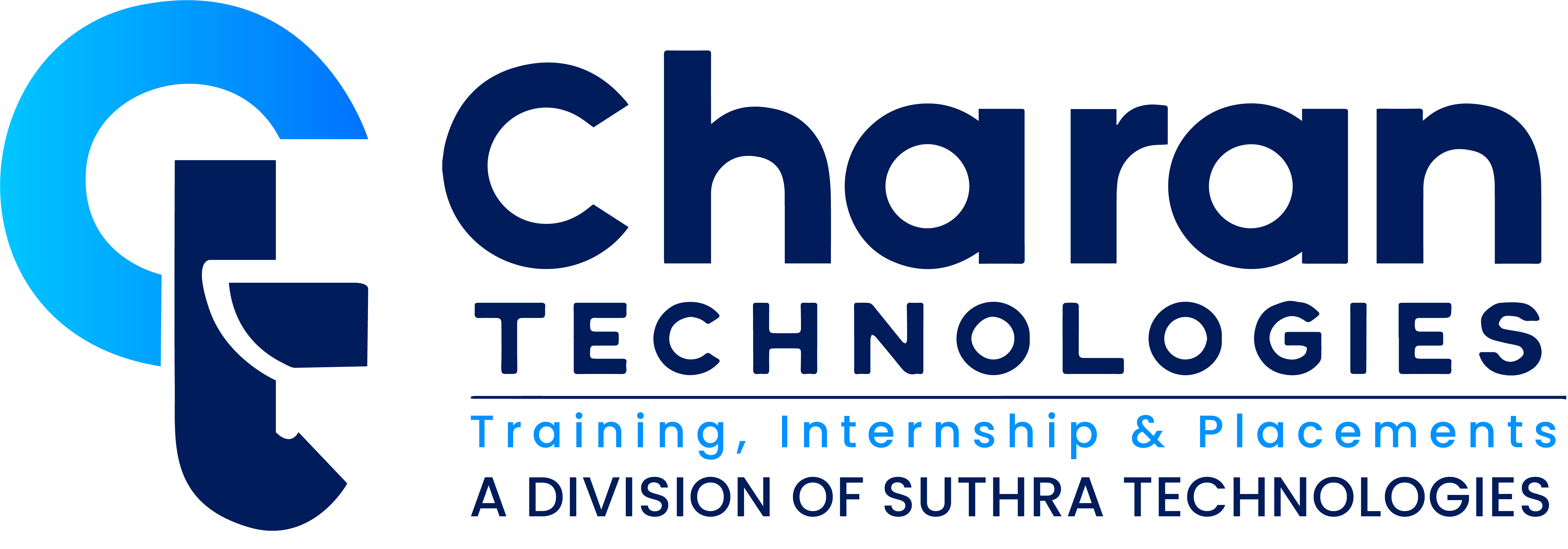DevOps is the current trending skill and one of the highest paid jobs in IT Industry. It is more than a Technology or a process or a standard and we can call it a Culture. The term DevOps is the combination of Development and Operations. But, it is not simply combining Operation and Development teams. It increases their collaboration and hence makes the workflow within the organization smoother. It is a continuous process that contains various stages.
Now a days, adoption of DevOps increased variably in most of the IT Organizations get more done, plain and simple. Even Small scale organizations and small teams are inviting DevOps and hence increasing their performance in wide range.
Continuous Delivery:
Continuous delivery is nothing but the practice of running each and every code change through automated tests, creating successful application builds and promoting them to production stage using the best automated deploys. Even though the practice isn’t that easy, it helps to create, test, and deploy apps more quickly and with minimal risks.
This is the more crucial part in the process of building software solutions which represents the process of executing automated tests and hence enables us to provide fast and continuous feedback on business risks. Since testing takes place continuously, the developing team can fix bugs easily and in right time. This stops defects from progressing to the next step of the software development.
Continuous Integration:
Continuous Integration is the practice that makes development team to frequently integrate new code with shared code. Hence, each and every check-in will be verified thoroughly by automated build and hence enables developers catch and corrects bugs immediately.
Continuous Monitoring:
Continuous monitoring is the used to define weaknesses and risks in the application. Here, the product will be under constant monitoring that allows engineers to know the bugs and can make required changes. This results in high quality software that can meet the expectations and needs of end user.
Continuous Feedback:
In this fast growing software era, high quality or the fast delivery software gives you neither the income nor the satisfaction. After deploying successful application, it is the user feedback that takes the centre stage. It is the feedback that makes you think about the changes that you need to do to improve it. End User’s continuous reaction helps to build a successful app that would meet their expectation which in turn gives the organization success and popularity.
To learn DevOps, one needs to have good dedication, time, effort & above all good thinking capability. The Cultural benefits of DevOps include happier and more productive teams. In terms of business benefits, fastest delivery of the product leads to more revenue. Above all, DevOps is just about making things more effectively and efficiently.
